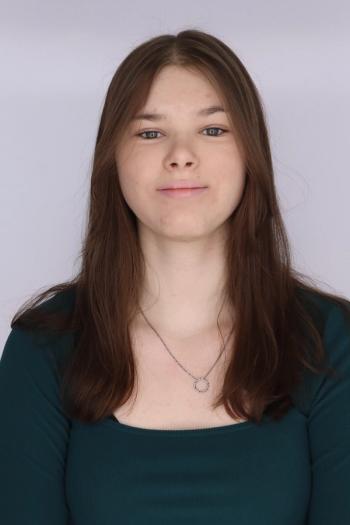
Monday Morning Plenary Lectures
The Monday morning plenary lectures will be held in Ballroom ABC beginning at 8:30 a.m., and the Session Chair will be Barry Karger of the Barnett Institute at Northeastern University (Boston, Massachusetts).
The Monday morning plenary lectures will be held in Ballroom ABC beginning at 8:30 a.m., and the Session Chair will be Barry Karger of the Barnett Institute at Northeastern University (Boston, Massachusetts).
The first presentation in the session will be given by Gary Siuzdak of the Scripps Research Institute (La Jolla, California) and is titled “Mass Spectrometry–Based Therapeutic Metabolomics from Biofluids and Tissues.” The talk will focus on the quantitative analysis of metabolites from cells, tissues, and fluids. Siuzdak will describe several novel MS systems for metabolomics, including nanstructure-initiator MS for tissue imaging. The application of the techniques to the study of diseases such as multiple sclerosis will also be discussed.
Pauline Rudd of the Dublin-Oxford Glycobiology Laboratory, NIBRT (Dublin, Ireland) will be the next speaker. Her lecture, titled “Linking Glycome and Genome: Robotic HPLC-Based Platform Establishes the Variability, Heritability and Environmental Determinants of Human Plasma N-Glycome,” will continue the biological theme with a discussion of the analysis of glycosylation pathways and its importance with respect to monitoring and control in bioprocessing plants. Her talk will describe the HPLC analysis of fluorescently labeled glycans and the effects of variables such as diet, smoking, and cholesterol levels.
The final plenary lecture of this morning session will be given by Takehito Kitamori of the University of Tokyo (Tokyo, Japan) and is titled “Extended-Nano Channel for Chromatography on Chip.” Kitamori will discuss the development of microchip-based devices for processes such as microunit operation, continuous flow chemical processing, and thermal lens detection of nonfluorescent chemical species. Kitamori’s group fabricated extended-nano channels into microchips for fluidic control and single-molecule detection. The group applied the process to picoliter immunoassay and attoliter HPLC. The presentation will report that the technique provided superior separation results to conventional packed columns.
Newsletter
Join the global community of analytical scientists who trust LCGC for insights on the latest techniques, trends, and expert solutions in chromatography.




